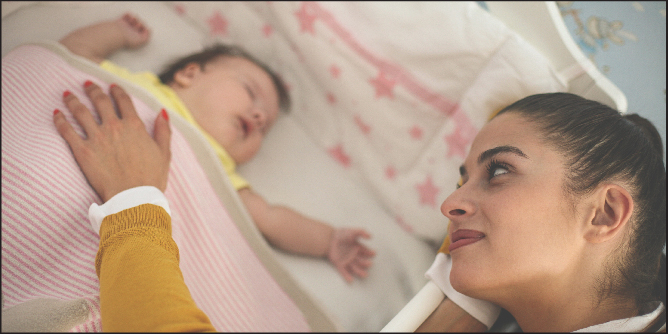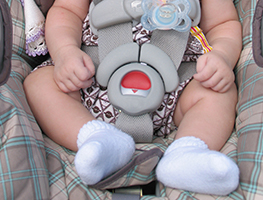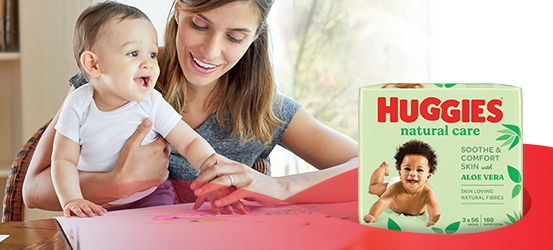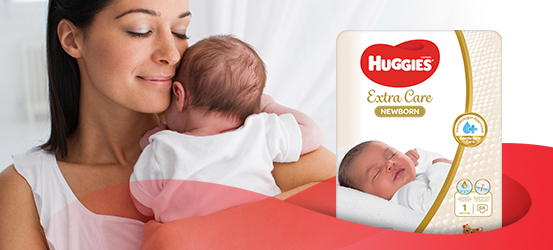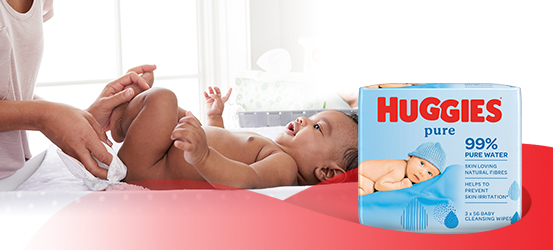Choosing the right childcare for you and your child
Deciding on the right form of childcare for your child is every parent’s nightmare. From the moment the little cherubs enter our lives we’re wracked with guilt about whether we are doing the right thing. Choosing childcare either because we’re returning to work or just because we need a break is fraught with this same guilt.
How do I choose?
Whoever you choose to care for your child, you must feel comfortable with your decision. Planning is the key to a successful placement and you should start this planning well in advance of you needing the care. Many childcare centres, nurseries and crèches have long waiting lists, and there are other options such as selecting a nanny, an au pair or a domestic helper – which can also be very time-consuming.
Visiting and talking to the carers will be your best chance of finding the perfect place for your child. If possible, try to drop into the centre or day care centre outside of your appointment time so that you can see how things “really” work and try to visit at a couple of different times of the day.
Don’t be afraid to ask questions; you’re entrusting these people with your baby. For example, ask to see the meal prepared for that day, take a look at the nappy change area and assess its cleanliness, ask to see the baby’s sleep area, ask questions about how the staff would respond to a specific first aid or safety situation.
Here are a few other points to consider when thinking about each option:
-
Do you want individual care for your baby?
-
What sort of interactions will my child have with the carer?
-
Am I able to drop in unannounced and be made to feel welcome?
-
Will the carer be able to meet my child’s individual needs?
-
Can you be flexible and provide alternative care if your arrangements break down?
-
What hours of care will best suit your needs?
-
Is cost a factor in your decision?
-
What skills does the carer possess? For example, First Aid certificate, qualifications in childcare.
-
What is the policy for when my child is absent?
-
What are the health policies and are they adhered to?
-
What facilities and resources are available to help my child develop socially, creatively and developmentally?
-
What about toilet training?
-
How are safety and professional standards monitored?
Tips for drop-off
The first few times you leave your child in the new childcare situation it will be traumatic for both of you. Rest assured, your little one will cope better than you, and will be off playing within minutes of you leaving.
Here are a few tips to help you both through the difficult separation:
-
Try to set up some time to visit the childcare facility or organise a few meetings with the nanny in advance of the big day, this will make it less scary.
-
Spend time finding out about the routine that will be followed, so that you can talk about it together.
-
Be positive, talk positive and act positive when speaking about the new arrangements.
-
Make a big deal out of getting a new bag or hat especially for day care.
-
Be honest with your child and try to answer their questions about where you will be while they are at the new crèche or day-care centre.
-
Make sure that all of your child’s things are labelled clearly and that they are aware of what belongs to them.
-
Don’t send a special toy to day-care unless this is okay with the carer, as these special toys can create problems between the children.
-
Make sure that you pack a full change of clothes (or two) into the bag, accidents will happen.
-
Try to make the initial visits reasonably short - only a couple of hours.
-
When you leave for the first time, spend a little time settling your child into an activity, let a carer know that you are intending to leave, make sure that you say goodbye and leave reasonably quickly. Dragging the farewell out can increase the anxiety for your child.
-
Use a positive phrase such as, “I’m going to work now, have a great day and I’ll be back soon”.
-
Try to have something for yourself to do when you leave your child so that you have something to focus on. Don’t be at all surprised if you cry, it’s normal.
-
Give your child some time to settle in and then make a quick phone call, it will help put your mind at ease.
Day-care centres
All day-care centres have to comply with the regulations as laid down by the Department of Social Development (see the link below).
Nanny or Babysitter
The arrangements that you make with a Nanny or babysitter are a private transaction between you and your chosen carer.
This type of care means that your child can be cared for in their own home environment and allows for greater flexibility in the hours you select, although this usually comes at a price with Nanny and babysitting services charging quite a high premium.
Many people find using an agency to help select their child’s carer useful. Agencies will have ensured that all of their candidates comply with the various prerequisites as set out by the government. They will also attempt to match all of your requested criteria to a suitable candidate, which may possibly reduce the number of people you will have to interview.
Some issues you will need to consider when engaging a Nanny:
-
Are you happy to allow your child to travel in a car with the carer?
-
Will you provide a car and what are their driving skills like? Go for a drive yourself with them as part of the interview.
-
Will the Nanny be prepared to do light housework, meal preparation etc.?
-
What activities and programmes will they engage in with your child?
For more information see Parenting advice or Parenting.
Pre-school in South Africa by region
Day care centres in South Africa
List of day care centres - Western Cape






